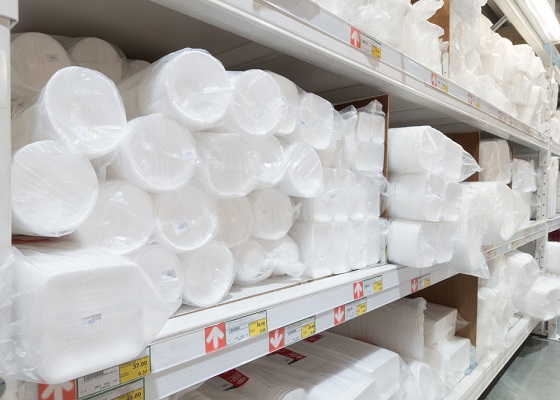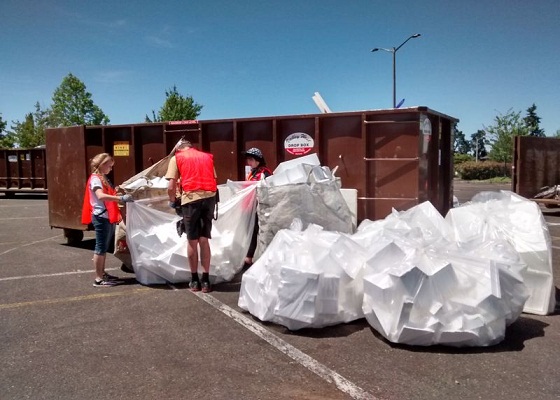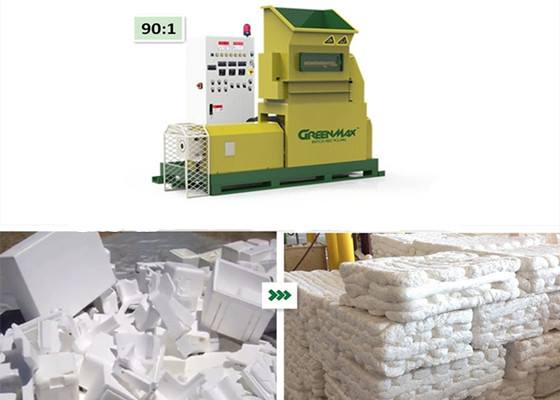The development of EPS products is to meet the needs of consumers. In recent years, EPS has been the most popular packaging material due to its low cost, safety and thermal insulation performance.
Expanded polystyrene (EPS) packaging is said to be the most widely used foam products. It accounts for about 3% of the PS produced nationwide and can most of the EPS waste can be recycled. The current national recycling rate of EPS packaging is 13.1% and California is about 19.4%. This is much better than the 6% national recycling rate for other plastic types.
EPS products can be recycled. In fact, this is the only food service packaging that is being recycled. Although many recyclers are unwilling to recycle EPS foam food containers, there is still a certain market for EPS recycling with the efforts of recycling enterprises.
The industry that makes EPS products is dedicated to helping you recycle them. Foam cups and trays have been recycled in Connecticut and most New England states. Many schools, businesses, restaurants, including all Connecticut McDonald’s and institutions have started collecting recycled EPS. For example, Travellers Insurance Pitney Bowes and Middlesex Memorial Hospital collect their foam food packaging for recycling.
According to the Alliance of Foam Recyclers, more than 118 million pounds of EPS were recycled during the year 2016. The data includes 63 million pounds of consumer packaging and 55.7 million pounds of industrial recycling.
The development of EPS recycling in recent years is partly due to the application of foam recycling machines.
GREENMAX foam densifier can realize the foam volume reduction of the EPS waste in an efficient way. With the compression ratio of 90:1, it perfectly reduces the foam waste storage and transportation cost in the recycling process.
With the joint efforts of the whole recycling industry, especially the application of professional machines. EPS recycling is getting better.


